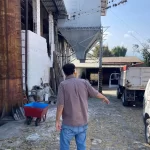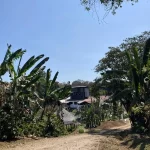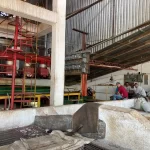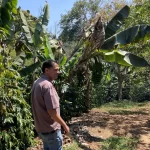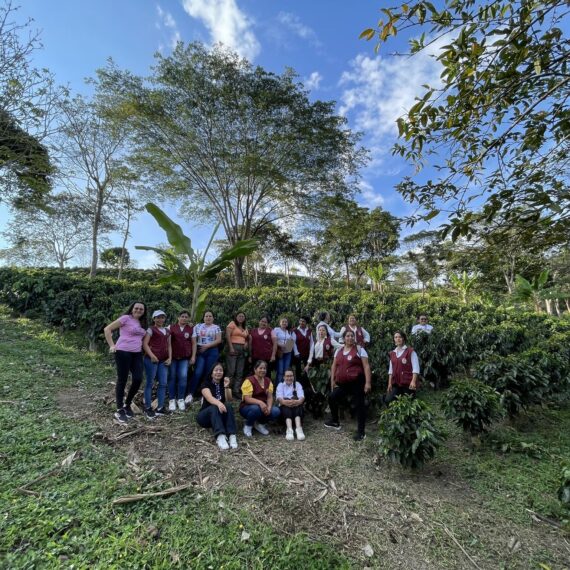One of Mexico’s main coffee-growing regions is Coatepec. It was here that our family story began, thanks to the coffee seeds brought from Cuba by Pedro López, owner of the legendary La Orduña hacienda. By chance, they fell into the hands of Father Andrés Domínguez, who planted them on land around the church in Teocel. At that time, this land belonged to the Soto family – our direct ancestors.
Our ancestors later donated the land where the first coffee trees in the area grew to the local community. Today, it is the heart of Teocel: the church courtyard, the square with craft markets, the community hall, and the local market. For us, it has never been just a business, but above all, deep roots and a legacy. Our family’s pioneering vision not only started coffee cultivation in the region but also laid the foundations for community life that continues to this day.
We have been growing coffee without interruption since 1892. Over five generations, our family has passed down not only land, but above all a passion for premium coffee and the courage to build a sustainable model at a time when it was not yet commonplace. Each generation has left an indelible mark on the history of the farm:
It all started with our great-grandfather and visionary Lázaro Soto. Bernardita Soto Mercado followed in his footsteps, one of the first women in the region to run a coffee company in difficult times. Raúl, Abelardo, Juan, and Antonio Martinez took care of further development and international fame, especially in the US, putting Coatepec on the world map.
Esperanza Martínez then opened the door to the German market and strengthened the structure of the entire company. Raúl Martínez Oelkers and Amparo Soto brought modernization and a connection to family values and a strong ecological commitment. Raúl was an innovator who introduced advanced cultivation techniques and took the quality of the beans to a whole new level.
Today, we, Víctor de Arcángelis and Carmen Martínez, continue this legacy. We combine agroecology with modern technologies and a global perspective, taking the family heritage to new markets such as Italy and Japan.




